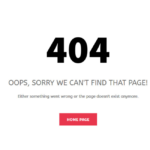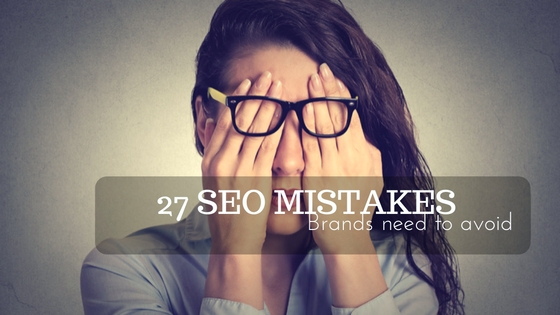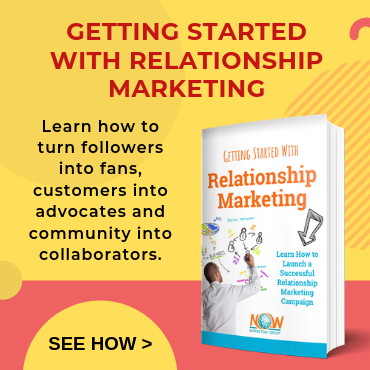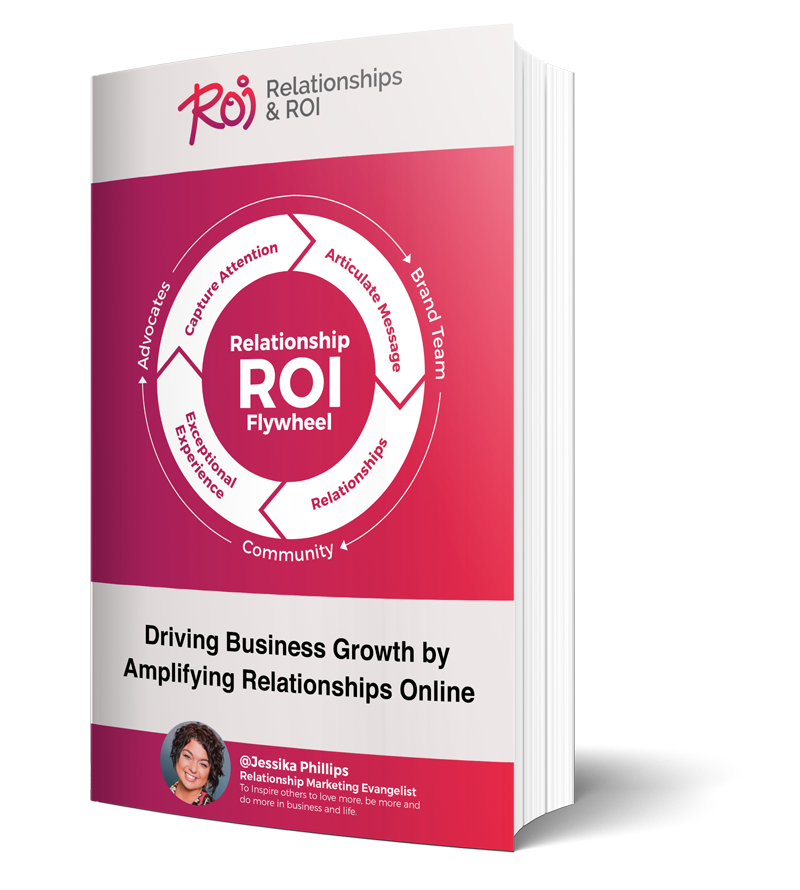You know that it is important to have a good SEO score from Google to drive traffic to your site, and you have a basic understanding of what to do to raise that score, but do you know what is hurting your SEO score? The short answer is anything that creates a poor experience for someone using Google search engine hurts your score. There are many ways this can happen, from simply having no original content to deceptive search results.
Here are some tips to Google’s guidelines for what makes a poor user experience and how to avoid them.
 1.Pages cannot be found
1.Pages cannot be found
If a page cannot be found through a link from another findable page, your page, no matter how valuable, will drift into a black hole all by itself with no way for users to get to it. Some of these pages are called 404.
2. Lack of keywords
If your site is about coffee, yet only uses words such as ‘espresso’ and ‘mountain grown,’ users will not find your site. When evaluating your site, make sure that it has plenty of keywords that you would use to search for your site. In this case ‘coffee,’ but perhaps also ‘coffeemaker, grounds, and French press.’
3. Pages loaded with irrelevant keywords
At the other end of the spectrum is using keywords that do not make sense in the sentence or paragraph. This is a way to try to manipulate your ranking in Google but will result in frustrated users. Useful, original content with keywords used organically in the page will bring users for the good experience.
4. Link includes text
When a link goes directly to a photo or video, Google does not register it in in the search results because it is looking for text and cannot accurately find something that is not text. Make sure that your link includes keyword text for best search results. This includes PDFs, because if they're not optimized PDFs don't rank at all.
 5. Too many page links
5. Too many page links
Pages overrun with links are not user-friendly. The impression might be given that the page is solely to perpetuate clicks to other pages and does not have any stand-alone value. Make sure the links are relevant and not detracting from the organic information given on the page.
6. Pages with little or no original content
Make sure your site has plenty of information that includes appropriate keywords. This gives the reader insight into your content and shares its value, without them feeling as though they have read it numerous times on various other sites.
 7. Scraped content
7. Scraped content
Using content copied from reputable sites or "scraped" in order to increase your own site's volume of pages will hurt the reputation of your site. Take the time to create original content to set your site apart and provide a good experience, with either new information or information that is presented in a way that is new to the user and gives them a new perspective.
8. Doorway pages
These are built around search queries. This takes the user to similar pages in search results but is purely used to drive users to other websites.
9. Abundance of affiliate site links
Here again, original content matters. Users can be frustrated when search results lead them to several pages that have the same final destination. This should be only a small part of your content and not the obvious purpose of the page.
10. Low-quality guest blog posts
Guest bloggers are a great way to drive new users to your site and give a new or different opinion. But if the blog does not meet the needs and desire for information of the user, this will have a negative effect on your site.
 11. Random and irrelevant content
11. Random and irrelevant content
If a user goes to a site expecting to learn about different paper stock, and instead they are led to a site on the deforestation to make said paper, this will result in a bad experience. Make sure your content matches the expectation of the search result.
12. Hidden text
An example of this is using keywords to drive a search to your page, but those keywords are in white text on white background and the actual words seen by the user have nothing to do
with the search. Evaluate everything that is able to be seen by visitors, and make sure that keywords are not behind images, offscreen, in size zero font, etc.
13. Cloaking
This is basically showing different content to a user than to Googlebot. This means that when a user searches for one thing, such as crayons, the Googlebot directs them to a page they believe is about crayons, but the user sees a page about creating graffiti. Depending on how severe the difference is between the two pages, the user experience is considered frustrating to very bad and is not allowed in any form by Google.
14. Sneaky redirects
Some redirects are necessary, such as when a site moves to a new address. A sneaky redirect is when the search engine takes users to the original page, but the redirect goes to a different page with content the user was not looking for. It is similar to cloaking as it shows the Googlebot one thing and directs the user to a site that is a different thing.
 15. Irrelevant keywords
15. Irrelevant keywords
This involves packing a page with numbers or keywords to raise the ranking in Google search results. Again, this speaks to having organic content that gives the user what they searched for. An example of this would be using a keyword and creating numerous sentences that say the same thing in different ways without being a valuable sentence.
16. Comment spam
Although comments are a fantastic way to get feedback from users, they are also a place for others to add links to sites or products that often appear as an advertisement. There are several ways to prevent this from happening, one being a site moderator that does not allow any user to post a comment without it being reviewed.
17. Paid links
This involves buying or selling links and can lower the quality of search results. This will ultimately lower your site's ranking in search results.
18. Slow pages
As a whole, people are impatient. As has been repeated ad nauseum, we are a fast food society, and Google knows this. Pages that take a long time to load will make for a poor user experience and lower your ranking.
 19. Browser compatibility and accessibility
19. Browser compatibility and accessibility
Your site will be viewed in various browsers, including mobile. Mobile responsive websites will ultimately have the very best user experience. If a user is attempting to view a site on their mobile device and cannot quickly do so, it’s a poor experience. They may or may not make another attempt when they are in front of a device with a browser that can accommodate the site.
20. Visual impairment
Make sure that users with visual impairments can view your page with a screen-reader. This includes images that are added to your website pages. Ensure you’ve added the appropriate Alt text to tell the website reader what the image is all about. Images are a great way to help tell the story of your content.
21. Link schemes
An example of this is link exchanges where an agreement is made to link to each other's pages or partner pages specifically to have cross-linking. Also, use automated systems and services to create a link to your site.
22. Automatically generated content
This is content that will often contain paragraphs that make little or no sense to the reader, but does contain searched keywords. This includes sentences auto-translated without a human review to make sure that it makes sense before being published.
 23. Hacking
23. Hacking
This may be an obvious one. If your website is hacked, it will be removed from the search engines index for the safety of website visitors, or it may be left there with a big fat warning that says, “Beware, this site may be hacked.” Monitor your site for content that is put on your site without your permission or knowledge. Hacking results in poor search results for users and can take the form of new pages to manipulate search engines, hidden links and text. There are tools you can add to your website to monitor behaviors, like Securi, or options like SiteLock from your hosting providers.
24. Malicious behavior
This can be done with or without the knowledge of the site by hackers. It includes any site that manipulates the content on the page to make the user think they are doing one thing, but in reality, they are downloading an unrequested file, malware, trojan, spyware or virus.
25. Content fails
Thin content or not enough content to clearly say what your page is about, or worse it's just jargon that can be found anywhere on the web with no value to the readers.
 26. Duplicating content
26. Duplicating content
Pages with duplicated content not only confuse the search engines, they confuse visitors. Sometimes duplicated content can seem like a shortcut, but to search engines like Google, it looks like you're trying to scheme the system - and no one fools Google.
27. Over-optimized anchored text
Anchor text is the visible, clickable text in a hyperlink. Over-optimized text deliberately tries to use keywords so that it can add an extra boost to page rank. Nowadays, anchor text serves as a great way for search engines to penalize websites for spam and over-optimization. If you were to create an internal link to support your own keyword strategies, then you could be at risk of seeing lower rankings.
The sole purpose of Search Engine Optimization isn’t to help businesses find more customers. It’s to help website visitors find relevant content that helps them solve a problem or answer a question. Your website and its content MUST provide the very best solution to help website visitors answer questions and solve a problem. If you’re not sure if your website needs to add a specific page to its site, just ask yourself - would you have the same page or content if search engines did not exist? Is the information truly informative to the user or is it simply to drive users to your site?
Avoiding these issues will go a long way toward raising your rank in SEO, but the bottom line is to create user-friendly, valuable pages and good keywords to provide users with the expected results from their search.




Comments